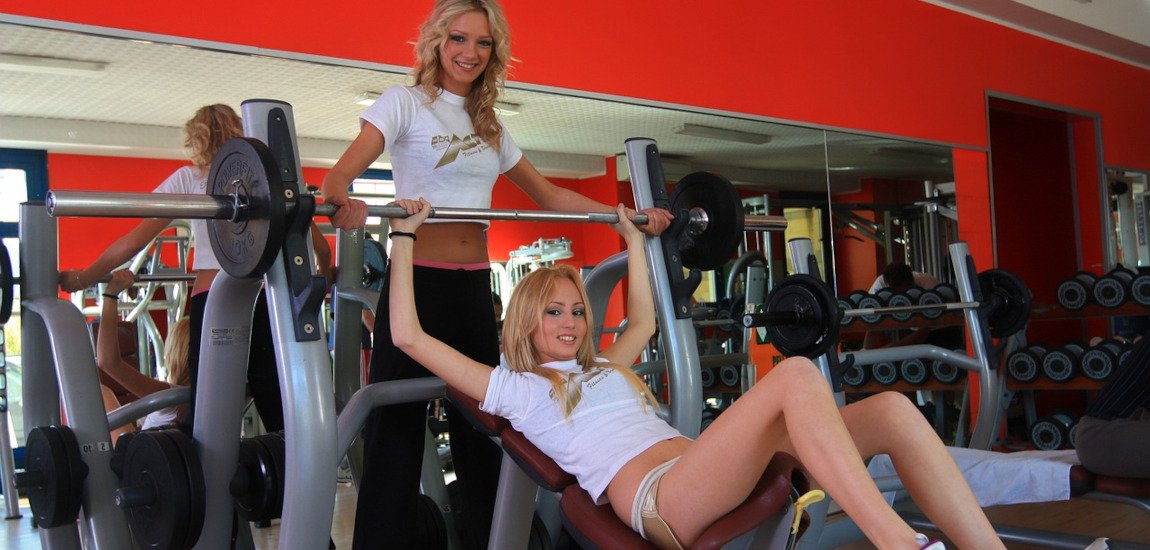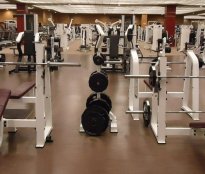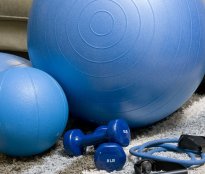

Physical exercise is not only crucial for maintaining physical fitness and overall health but also offers a wide range of psychological benefits. Engaging in regular exercise can have a profound impact on your mental well-being, promoting positive emotions, reducing stress, and improving overall quality of life.
1. Boosts Mood and Reduces Stress
Exercise has a powerful impact on mood regulation and stress reduction. When you engage in physical activity, your body releases endorphins, often referred to as "feel-good" hormones, which help elevate mood and promote a sense of well-being. Regular exercise also reduces levels of stress hormones like cortisol, leading to a decrease in anxiety and tension. By incorporating exercise into your routine, you can experience a natural mood boost and better manage daily stressors.
2. Enhances Mental Clarity and Cognitive Function
Physical exercise positively affects cognitive function and mental clarity. It increases blood flow to the brain, delivering oxygen and nutrients essential for optimal brain function. Regular exercise has been associated with improved memory, enhanced focus, and increased creativity. Additionally, engaging in physical activity promotes neuroplasticity, the brain's ability to adapt and form new connections, which can help combat age-related cognitive decline.
3. Reduces Symptoms of Depression and Anxiety
Exercise is known to have a significant impact on mental health conditions such as depression and anxiety. Physical activity stimulates the release of endorphins, which act as natural antidepressants. It also increases the production of neurotransmitters like serotonin and norepinephrine, which play a crucial role in regulating mood. Regular exercise can reduce symptoms of depression and anxiety, promote a more positive mindset, and enhance overall emotional well-being.
4. Improves Sleep Quality
Physical exercise can contribute to better sleep quality, which is vital for optimal mental health. Regular physical activity helps regulate the sleep-wake cycle, promoting a more consistent sleep schedule and enhancing the duration and quality of your sleep. Improved sleep quality leads to increased energy levels, improved concentration, and better overall mental functioning.
5. Boosts Self-Esteem and Body Image
Engaging in regular exercise can have a positive impact on self-esteem and body image. Physical activity improves physical fitness, helps with weight management, and enhances body composition. As you achieve your fitness goals and witness improvements in your strength and endurance, you develop a sense of accomplishment and self-confidence. Exercise can also help shift focus from appearance-based concerns to the joy and satisfaction of being active and healthy.
6. Promotes Stress-Free Living
Exercise serves as a natural stress reliever, allowing you to disconnect from daily pressures and focus on the present moment. Whether it's going for a run, practicing yoga, or participating in a group exercise class, physical activity provides an outlet to release tension and clear the mind. Regular exercise also promotes better coping mechanisms and resilience, enabling you to navigate stressors more effectively and maintain a stress-free life.
Incorporating physical exercise into your routine not only enhances your physical fitness and overall health but also offers a myriad of psychological benefits. From boosting mood and reducing stress to improving sleep quality, cognitive function, and self-esteem, exercise plays a vital role in supporting your mental well-being. Embrace the power of physical activity as a means to enhance your fitness, health, and live a stress-free life. Start small, find activities you enjoy, and gradually increase your exercise routine to experience the transformative impact it can have on your psychological well-being.
 Ascorbine.Info
Ascorbine.Info Ascorbine.Info
Ascorbine.Info











